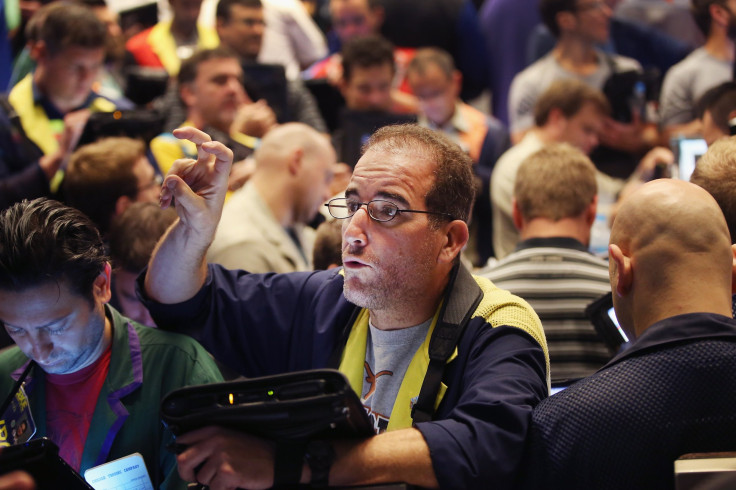A Chinese Company Wants To Buy The Chicago Stock Exchange And Congress Isn’t Happy About It

A Chinese company’s offer to buy the Chicago Stock Exchange has raised deep suspicions among U.S. lawmakers, who have demanded “a full and rigorous investigation” of the acquisition.
The deal would see Chongqing Casin Enterprise Group, a Chinese holding company, purchase the exchange for nearly $100 million, Bloomberg reported earlier this month. John Kerin, the chief executive of the Chicago Stock Exchange, called it “a good fit.”
But the thought of China gaining a foothold in a symbolic stronghold of American capitalism — the $22 trillion equity markets — has stirred unease among U.S. politicians. Republican presidential frontrunner Donald Trump lamented the deal in a debate earlier this month, and 45 members of Congress lobbied the Treasury Department to examine the obscure buyer, particularly its ties with the Chinese government.
Here’s why it matters.
What Is The Chicago Stock Exchange?
Founded 134 years ago, the Chicago Stock Exchange, or CHX, was once one of the major trading venues for American stocks. But the exchange has since been overshadowed by New York competitors. In the past month, just 0.4 percent of American stock transactions took place on the CHX.
In 1999, the exchange was the third busiest in the U.S. Today it is the third smallest.
Most of the trades that occur on the exchange involve stocks listed on the New York Stock Exchange and Nasdaq. The exchange is minority owned by several major banks — including Bank of America and Goldman Sachs — as well as E*Trade.
Who Wants To Buy It?
The buyer, Chongqing Casin Enterprise Group, is less well known. “The American market has little information about CCEG, and it shares many of the traditional opaque qualities of a Chinese company,” the American lawmakers wrote.
The 800-employee firm was founded in 1997 to privatize state-controlled assets, and now invests in real estate projects, environmental initiatives and financial companies in China, Hong Kong and Sydney.
Shengju Lu, Casin’s founder and chairman, cast the deal as a play to “bring exciting Chinese growth companies to U.S. investors,” according to a statement released jointly by the two companies. “We have reviewed CHX’s plans to improve market share through new growth initiatives and fully support them.”
Why Does It Matter?
The deal would mark the first time an American stock exchange of any size was purchased by a Chinese buyer. The CHX may be small, but Democratic and Republican lawmakers alike see deeper issues at play.
“While it is unclear the level of influence the state holds over CCEG, the firm is involved in a number of important Chinese sectors that would likely require close ties to the state,” the members of Congress wrote, noting the fact that the company’s chairman sits on a local government committee.
“As you know, the Chinese economy revolves around the artificial boosting of domestic firms,” they continued. “Rather than adhering to openness and free market values, this performance is generated by Chinese government dominance over market sectors.”
The complaint follows similar missives regarding China that Congress has sent to the Treasury Department’s Committee on Foreign Investment in the United States, which reviews purchases of American companies by overseas entities for national security risks.
From 2009 to 2013, the CFIUS reviewed 480 transactions and initiated 193 investigations. In only one case was a company required to divest assets following an investigation though 55 companies withdrew their applications during the process.
Though the CHX is a bit player in the U.S. financial markets, China’s entree is likely to stir unease over cybersecurity risks. More pertinent to the current political climate, however, is the simple fact of a century-old American company going to wealthy Chinese buyers — an outcome that can only further inflame those, like Donald Trump, who see American enterprise slipping away to foreign competitors.
© Copyright IBTimes 2025. All rights reserved.






















